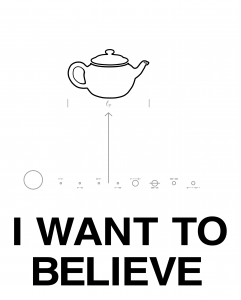The opposite of innocence is not guilt, it is lucidity – here is the lesson of Genesis. And, one who is ashamed is lucid, he sees how injustices, iniquities are supported by the law, justice and the Church.
Le contraire de l’innocence, ce n’est pas la culpabilité, c’est la lucidité – c’était au fond déjà la leçon de la Genèse. Et celui qui a honte est lucide, il voit comment les injustices, les iniquités sont cautionnées par la loi, la justice et l’Église.
Frédéric Gros, La honte est un sentiment révolutionnaire, Albin Michel, Paris, 2021, p. 190
FN : Frederic Gros enter an ideological debate which tries to disqualifie guilt in order to valorise shame. We may precise that we’re not sure to agree to this sentences. For the moment, Ruwen Ogien work sounds more accurate.
